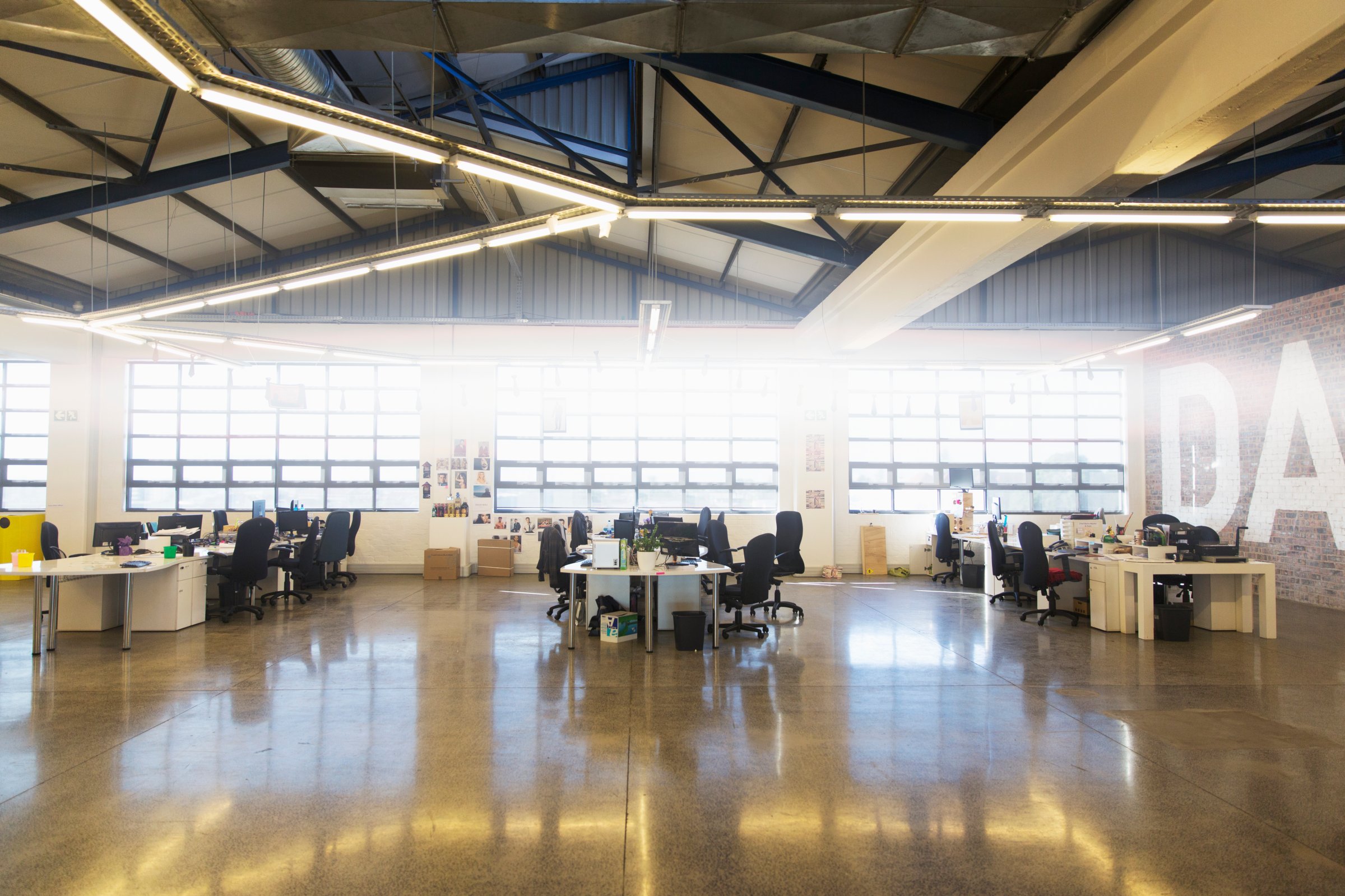
Marty Nemko is a career and personal coach.
Thinking about a career change in 2016? Here are a few predictions for what to expect:
1. There will be more lower-level health care jobs. The Affordable Care Act fully kicks in in 2016, which will mean that millions more people will have to be cared for by our already overtaxed system. This may mean more opportunities for lower-level professionals, including physician assistants, physical therapy assistants and licensed vocational nurses. With the law now mandating parity of physical and mental health services, this also may mean that demand for therapists will grow.
2. Job opportunities in immigration will increase. With recent fears of terrorism, the screening of immigrants will likely be increased, creating more federal jobs. And after the 2016 presidential election, comprehensive immigration reform will likely return to the front burner, which could also create jobs.
3. Law enforcement jobs will be easier to get. The recent public antipathy to law enforcement means that it may be easier to land a job as a cop—a career that provides a solid middle-class income, great benefits, excellent job security and a clear career ladder. The increased terrorism threat may also create government jobs in the more than 20 federal agencies plus state and local ones responsible for addressing the terrorist threat.
4. More companies will provide entertainment experiences. Society appears to have decided that much entertainment content should be free—streaming music, for example. So entertainment companies are moving to providing experiences—not physical products, which will open up different types of entertainment careers.
5. More jobs will require analyzing Big Data. As globalization and government-mandated costs of doing business increase, companies feel ever-greater pressure to be more efficient. Employers in both the for-profit and non-profit sectors are turning to ever more sophisticated software to parse out the implications of Big Data. This means demand for software engineers and database analysts will likely grow.
6. There will be more part-time jobs. More positions will likely be converted from full-time benefited jobs to part-time temp gigs. The employer benefits from employing people on a just-in-time basis and from not having to pay the growing cost of benefits to permanent employees. And unlike with permanent employees, there’s a lower risk of a lawsuit in not renewing a temp contract than in terminating a “permanent” employee.
7. More people will work remotely. As office rents continue to increase, and commute times and gridlock worsen, employers and employees alike will prefer telecommuting, for at least part of the week. And of course, with an ever-higher percentage of work product transmittable over the Internet, remote work is even more feasible, whether you’re in Boston, Bombay or Beijing. Accelerating the remote-work trend further, videoconferencing is becoming less costly and glitchy.
8. Technology will continue to eliminate jobs. Technological replacements for employees are becoming more of a reality. (Robots never take a sick day, are always are on their best behavior, never steal from the till, make fewer errors than do humans, and don’t have annoying personalities—although inexplicable computer glitches can also drive a person nuts.) For example, at Tesla, the assembly line is filed with robots, and job openings are mainly for software engineers, salespeople and a small number of repair technicians. This may mean people will need to retrain to learn new skills.
9. For-profits will slowly look more like non-profits. We’ve already seen an increase in companies advertising their pro-social activities and their percentages of profits to charity. But society’s growing antipathy to corporations may force them to increase the size of their foundations and other charitable giving. This may offer an opportunity for those interested in non-profit to find employment in corporate foundations.
10. The middle class will demand attention. According to a recent Pew Research Center report, the middle class is no longer the majority. With 2016 an election year, many Americans will demand that politicians and aspiring presidential candidates have clear plans to improve the economy.
Certainly, 2016 promises to be an interesting year.
More Must-Reads From TIME
- The 100 Most Influential People of 2024
- Coco Gauff Is Playing for Herself Now
- Scenes From Pro-Palestinian Encampments Across U.S. Universities
- 6 Compliments That Land Every Time
- If You're Dating Right Now , You're Brave: Column
- The AI That Could Heal a Divided Internet
- Fallout Is a Brilliant Model for the Future of Video Game Adaptations
- Want Weekly Recs on What to Watch, Read, and More? Sign Up for Worth Your Time
Write to Marty Nemko at mnemko@comcast.net